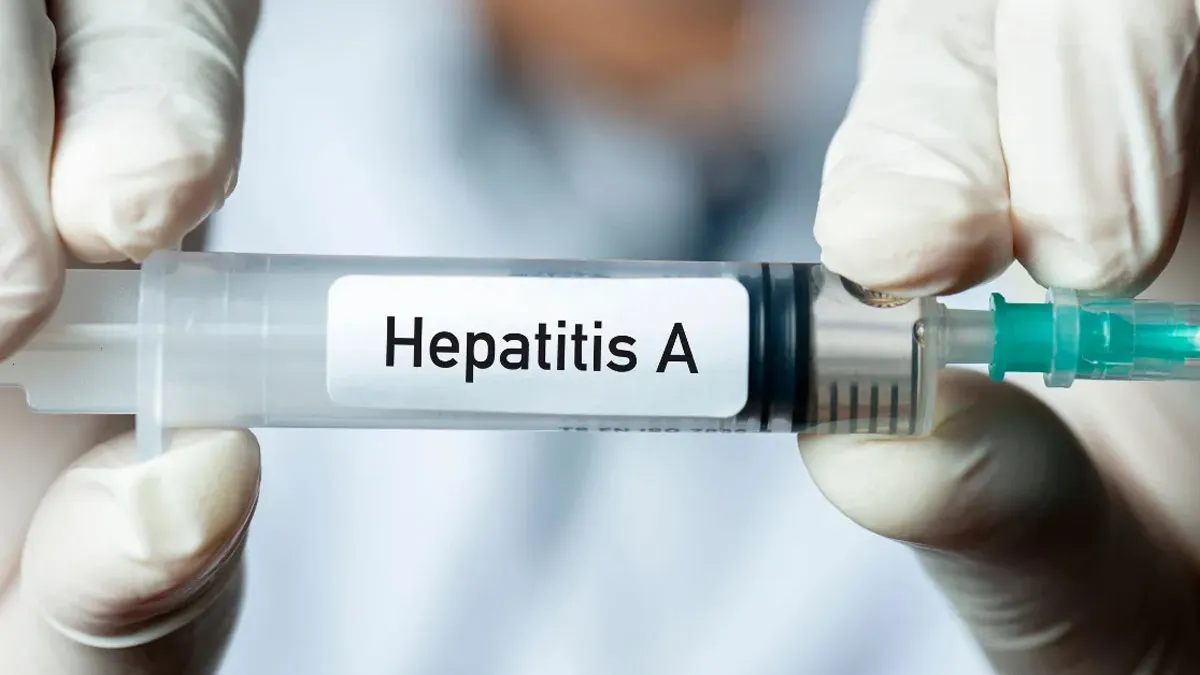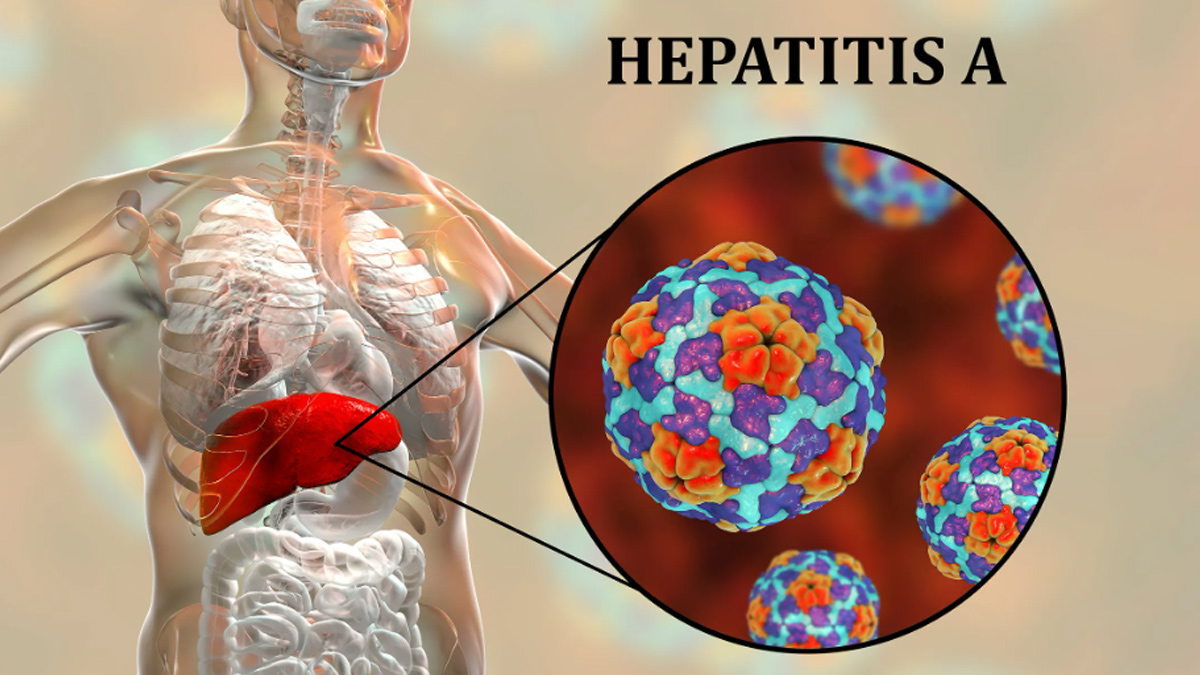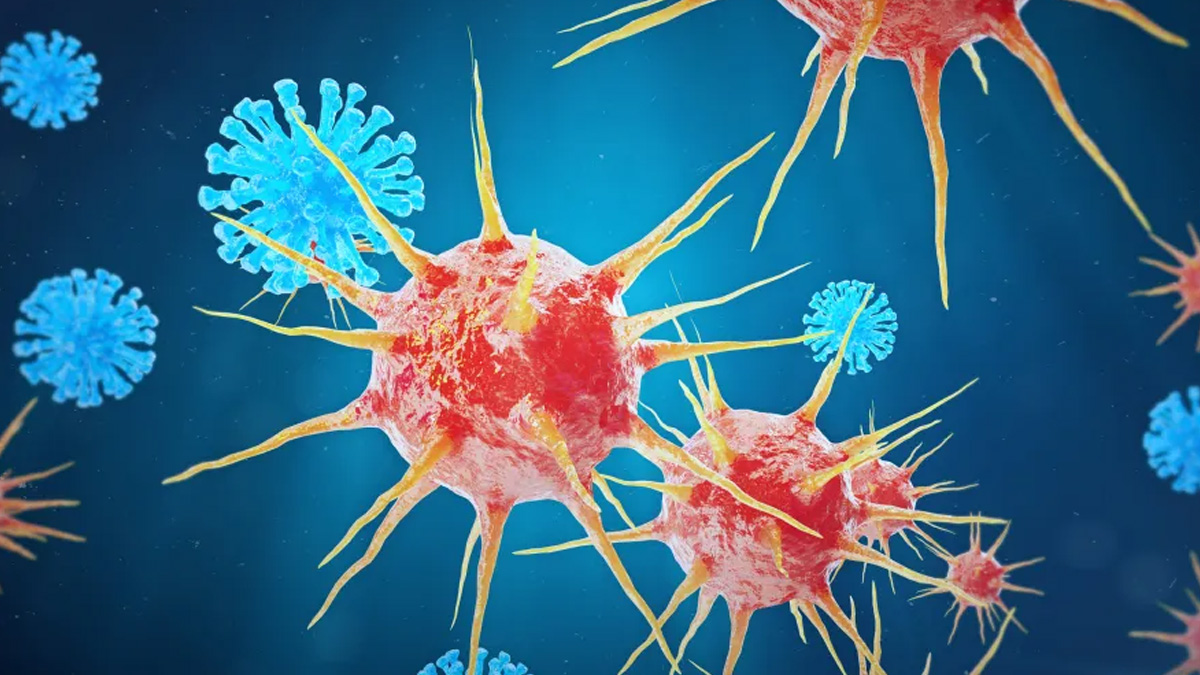
In what is being seen as a growing public health concern, the district of Ernakulam in Kerala is grappling with a significant outbreak of Hepatitis A. Over 100 new cases have been confirmed in just three weeks, with health officials attributing the surge to the consumption of contaminated food and water.
Table of Content:-
Spike in Cases Raises Alarm
According to data released by the Kerala Department of Health, between March 11 and March 31 alone, Ernakulam district recorded 110 Hepatitis A cases. The situation has become increasingly worrisome as the total number of cases reported since February 1 has now crossed 320.
Health officials noted that March 22 marked the worst day in this period, with 22 new infections recorded on that single day. Other troubling spikes included 14 cases on March 13, 12 on March 29, and 11 on March 18. These sudden increases in cases have prompted swift action from local authorities, especially after a concentrated outbreak was detected in an apartment complex in Thrikkakara.

Outbreak Traced to Contaminated Water Sources
Health experts believe that the root cause of the Hepatitis A spike in Ernakulam is poor sanitation and the consumption of contaminated water and food. The cluster outbreak in the Thrikkakara apartment complex has further spotlighted the urgent need for monitoring water quality. The Kerala Water Authority, in conjunction with the district administration and local health officials, has launched efforts to super-chlorinate water sources. Special attention is being paid to wells, which serve as the primary drinking water source in many communities.
A health department spokesperson stated, “As part of our control measures, we’ve directed local bodies to begin super-chlorination of all water sources, particularly wells used under Kerala Water Authority supply schemes. This is to ensure safe drinking water and curb the disease’s spread.”

Local Authorities Step In
Following the outbreak, the Thrikkakara municipality launched a district-wide public health initiative. Chairperson of the Health Standing Committee, Varghese Plassery, confirmed that super-chlorination has been initiated in several wards.
Also Read: UK Woman Left Paralysed After Botched Weight Loss Surgery In Turkey Sparks Medical Tourism Concerns
“We are taking this matter very seriously. Our ASHA workers and civic body health staff are actively involved in the drive to ensure all wells are properly disinfected. Our goal is to prevent further transmission through drinking water,” said Plassery.
Apartment complexes have also been instructed to check the quality of water supplied through tankers, and to make sure it is safe for household use and consumption.

What is Hepatitis A?
Hepatitis A is a viral liver infection caused by the hepatitis A virus (HAV). It spreads primarily through the ingestion of food or water contaminated with fecal matter from an infected person. The symptoms often include fatigue, fever, jaundice, abdominal pain, and nausea.
Also Read: Myanmar Earthquake Releases Energy Equal To 334 Atomic Bombs; Experts Fear Lasting Health Crisis
While the infection is usually self-limiting, it can occasionally lead to more serious complications in individuals with pre-existing liver conditions.
Prevention largely revolves around maintaining good hygiene, ensuring access to safe drinking water, and proper sanitation practices.
Urgent Need for Public Awareness
The recent outbreak has underscored the importance of public health education and timely intervention. Local health departments are now working not only to treat the affected but also to spread awareness about preventive measures.
Citizens are being urged to drink only boiled or purified water, avoid eating raw or street food, and maintain proper hand hygiene—especially before meals and after using the restroom. With swift action and continued community cooperation, health officials hope to bring the situation under control and prevent further outbreaks in the coming weeks.
Also watch this video
Read Next
UK Woman Left Paralysed After Botched Weight Loss Surgery In Turkey Sparks Medical Tourism Concerns
How we keep this article up to date:
We work with experts and keep a close eye on the latest in health and wellness. Whenever there is a new research or helpful information, we update our articles with accurate and useful advice.
Current Version
